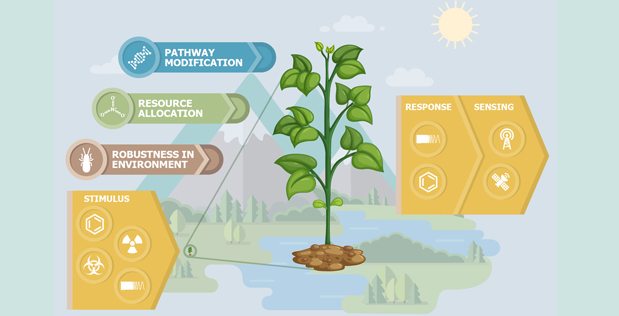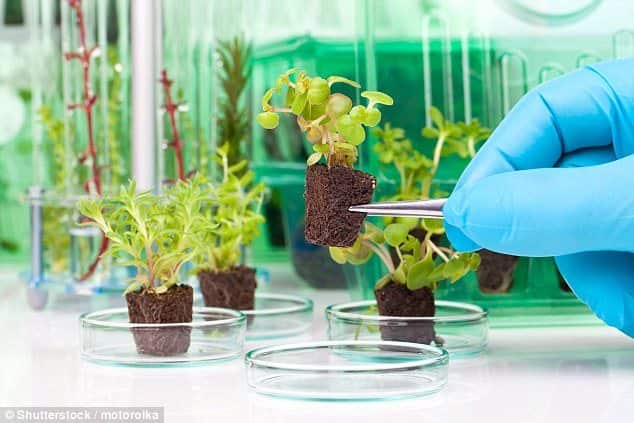Spies get blown all the time. Some are uncovered through careful research by an enemy agency, some are betrayed by defectors and some simply die and are discovered after the fact. Others wake up in the morning, stick their foot in a bucket and pratfall their way through espionage until they accidentally trip and somersault into prison.

The Department of Defense’s “mad science” division is currently looking at these “advanced plant technologies” to provide ways of monitoring environments for potential enemy activity, essentially using the plants as an early warning of attack from various biochemical weapons.
These genetically modified plants would be able to sense what’s going into the soil, and actually alert the military when something is wrong (if they detect radiation, pathogens, etc).
According to DARPA, the military’s traditional sensors are not always optimal for certain tasks, which is one of the reasons plants are the focus of its new project.
The program will also reduce risks posed to soldiers, and reduce costs associated with traditional sensors.
The ATP program plans
to modify the genomes of plants in order to program in specific types of sensing to trigger discreet responses in the presence of certain stimuli – all while not having a negative impact on the plants’ ability to thrive.Plants naturally react to stimuli and environmental changes. The goal of APT is to control the stimuli that plants respond to and how they react through genetic manipulation. The main idea is that these plants would be self-sustaining, so they would act as monitors for chemicals, pathogens, radiation and other triggers while thriving in the wild.

DARPA began taking proposals for the APT program late last week. The agency’s Biological Technologies Office (BTO) is hosting an event for proposers on December 12. The Department of Defence assures us that early research will be done “in contained laboratory and greenhouse facilities, as well as simulated natural environments.” The next step would be field trials closely monitored by US Department of Agriculture’s Animal and Plant Health Inspection Service.
It sounds like the plan is to use data communicated from bio-engineered flora in order to catch criminals or terrorists who may be using materials that can be detected in the air. According to program manager Blake Bextine, plants are naturally good at sensing those sorts of things, but we can’t monitor them easily because a plant can’t just pick up the phone and leave a anonymous tip: “Plants are highly attuned to their environments and naturally manifest physiological responses to basic stimuli such as light and temperature, but also in some cases to touch, chemicals, pests, and pathogens. Emerging molecular and modeling techniques may make it possible to reprogram these detection and reporting capabilities for a wide range of stimuli, which would not only open up new intelligence streams, but also reduce the personnel risks and costs associated with traditional sensors.”
While the initial plan is to have plants specifically watching out for anomalies in the local environment that could point to impending attacks, that’s only going to be the beginning. If DARPA manages to find a way to make their advanced plants more capable of reacting to external stimuli like sound or vibrations, this could lead to a sophisticated spy tool that could gather more specific information on anyone nearby.
Just to be on the safe side, it might be best to be careful with what you get up to the next time you visit your local public park. As the old saying goes, the trees have eyes.

































